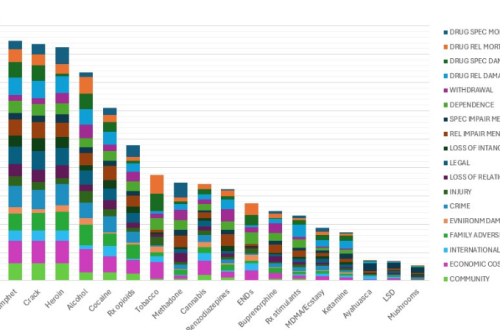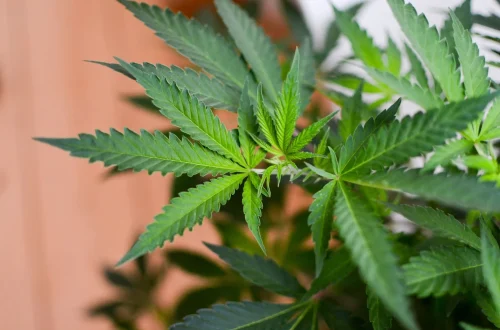By R. Gil Kerlikowske, Director, White House Office of National Drug Control Policy
President Obama’s comments during last week’s live YouTube interview about the need to approach our national drug problem from a public health perspective were timely, thoughtful, and well-grounded in what science tells us about drug use and its consequences. Like the president, I am opposed to the legalization of illegal drugs. At the same time, I understand, from firsthand experience as a police officer and police chief, that we cannot arrest or incarcerate our way out of a problem this complex, and that a “War on Drugs” mentality is too simplistic an approach to be effective.
Before my confirmation as President Obama’s drug policy advisor, I’d spent thirty-seven years −- my entire professional career -− in law enforcement or working on law enforcement issues. Just one year before my career began, in 1971, President Nixon held a press conference declaring illicit drugs “public enemy number one.” It was a powerful metaphor — characterizing the Nation’s drug problem as fundamentally a criminal justice issue, and marking the beginning of a so-called “War on Drugs” that would last for most of the next four decades.
While drug use was spreading across the country, especially after support for legalization reached a high point in the late 1970’s and the introduction of crack cocaine in the 1980’s, this era came to be defined with a heavily punitive emphasis, from mandatory minimum sentences to enhanced penalties for crack cocaine possession. Our Nation’s courageous law enforcement officers, prosecutors, courts and prisons system were asked to shoulder an ever-growing load, and to use the effective — but limited — tools at their disposal to arrest and prosecute dangerous drug traffickers that deserved severe sentences in addition to non-violent drug addicts.



